Income-Tax (No. 2) Bill, 2025 – Passed in Lok Sabha on 11 August 2025
The Income-Tax (No. 2) Bill, 2025 replaces the old Income-tax Act, 1961 after more than six decades. It aims to simplify, modernise, and make compliance easier for taxpayers, while incorporating most of the 285 recommendations made by the Parliamentary Select Committee.
Legislative Journey & Background
- The original Income-tax Bill, 2025 was introduced on February 13, 2025, referred to a Select Committee chaired by MP Baijayant Panda. The committee submitted its recommendations on July 21, 2025, including 285 suggestions (32 flagged as major)
- A revised version—Income-tax (No. 2) Bill, 2025—was presented and swiftly passed without debate on August 11, 2025
10 Key Changes in the New Law
- Higher Basic Exemption Limit
- Under the new tax regime, income up to ₹12 lakh is tax-free.
- With a standard deduction of ₹75,000, the effective no-tax limit becomes ₹12.75 lakh.
- Revised Tax Slabs (for FY 2025–26 onwards)
- ₹0 – ₹4 lakh → Nil
- ₹4 – ₹8 lakh → 5%
- ₹8 – ₹12 lakh → 10%
- ₹12 – ₹16 lakh → 15%
- ₹16 – ₹20 lakh → 20%
- ₹20 – ₹24 lakh → 25%
- Above ₹24 lakh → 30%
- Higher Rebate Under Section 87A
- Full rebate up to ₹60,000 or tax payable (whichever is lower) for eligible taxpayers.
- Massive Reduction in Sections
- Old Act had over 800 sections; the new law has 536 sections in 23 chapters with 16 schedules.
- Unified “Tax Year” Concept
- Replaces “Previous Year” and “Assessment Year” terms with a single “Tax Year” for easier understanding.
- Faceless & Digital Assessments
- All assessments and appeals to be conducted online, minimising personal interface and scope for harassment.
- Refunds Even After Deadline
- Taxpayers can claim TDS/TCS refunds even after the filing deadline without penalty.
- One of the most crucial amendments in the updated bill is the revision of Clause 263, which addresses the eligibility for claiming income-tax refunds. The original draft included a provision—Clause 263(1)(a)(ix)—that could have been interpreted to mean that a taxpayer could only claim a refund if their tax return was filed on or before the statutory due date. This represented a significant departure from the established legal position, where refunds could be claimed even for belatedly filed returns. Recognising the potential for this to cause undue hardship and create ambiguity, the newly introduced bill has completely omitted this restrictive clause
- Nil-TDS Certificates
- Individuals with no tax liability can obtain advance certificates to prevent tax deduction at source.
- Clarity on Deductions
- Clear provisions for standard deduction on house property income, pre-construction interest on home loans, and deduction for inter-corporate dividends.
- Regulation on Anonymous Donations
- Religious and charitable trusts cannot accept anonymous donations unless they are engaged in social services.
Other Highlights
- Retains core philosophy of SIMPLE: Streamlined, Integrated, Minimized litigation, Practical, Learning-oriented, Efficient.
- Allows nil TCS on certain education remittances under LRS.
- Brings uniform rules for carry-forward and set-off of losses.
- Strengthens taxpayer rights by mandating prior notice before enforcement action.
Visit www.cagurujiclasses.com for practical courses
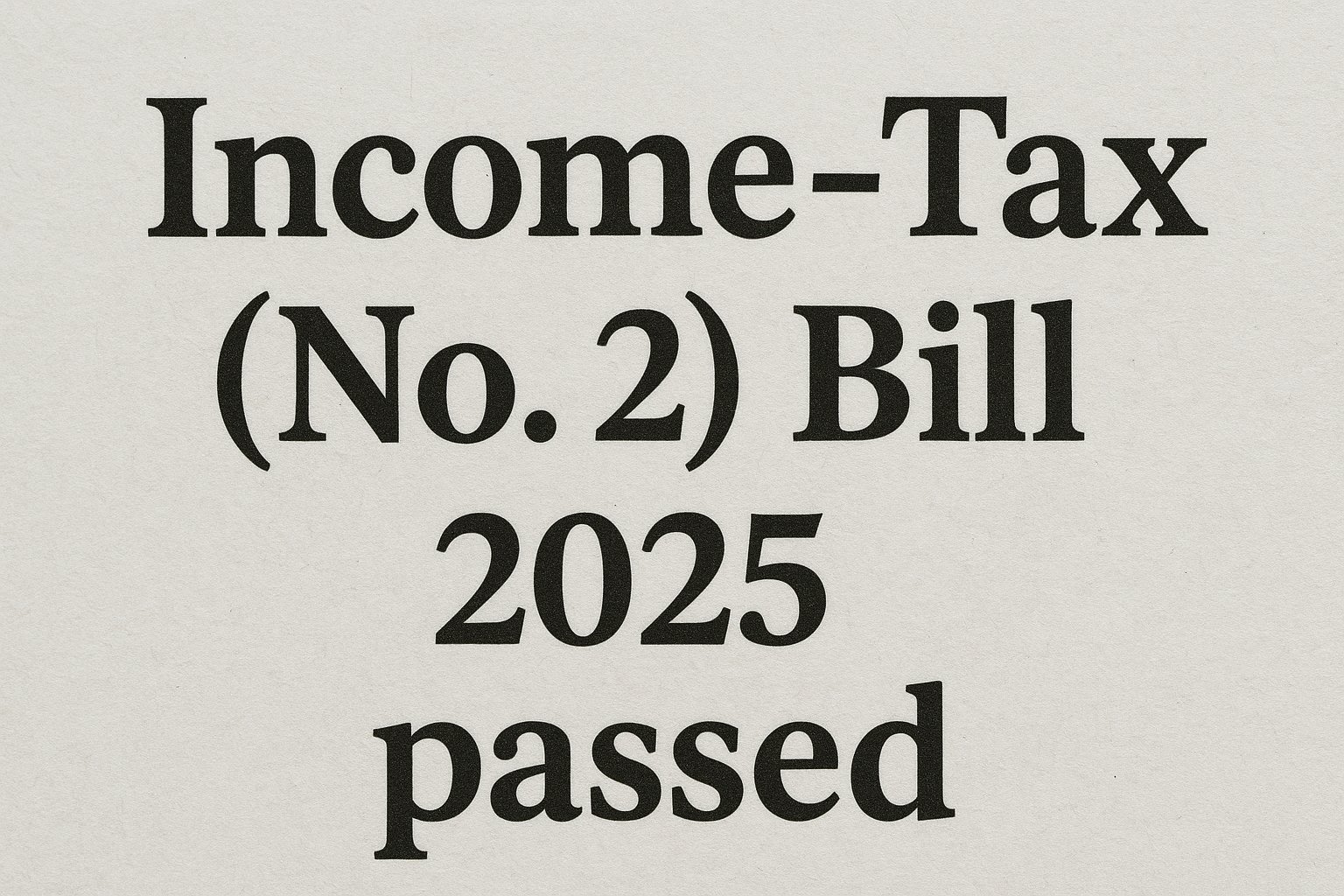

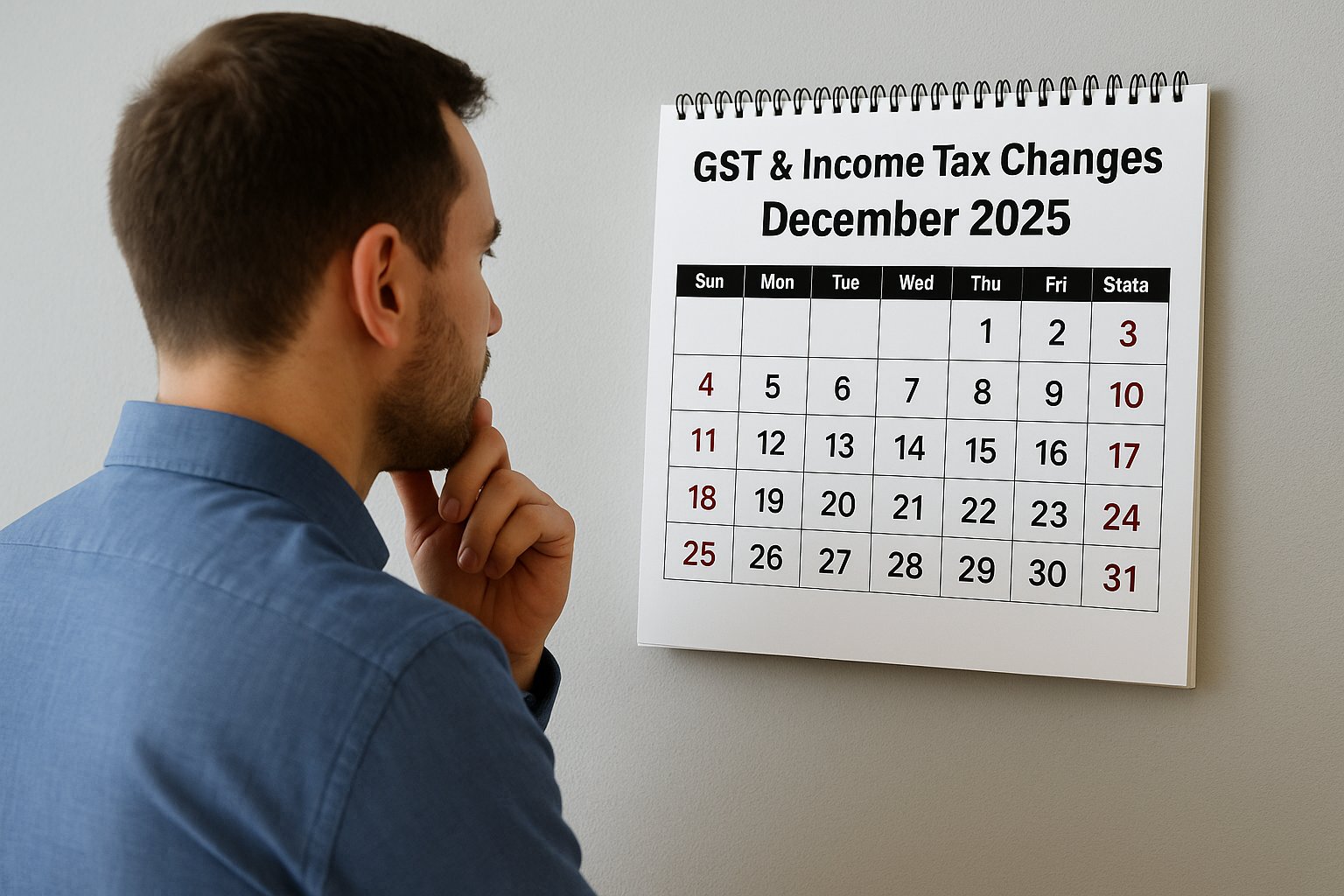

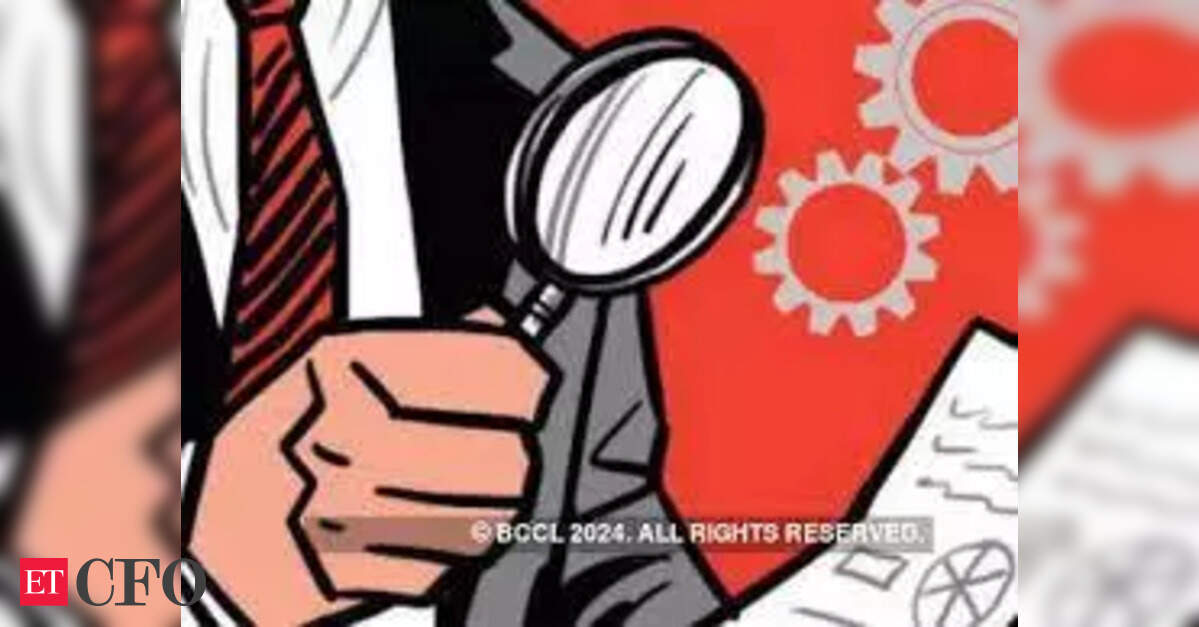

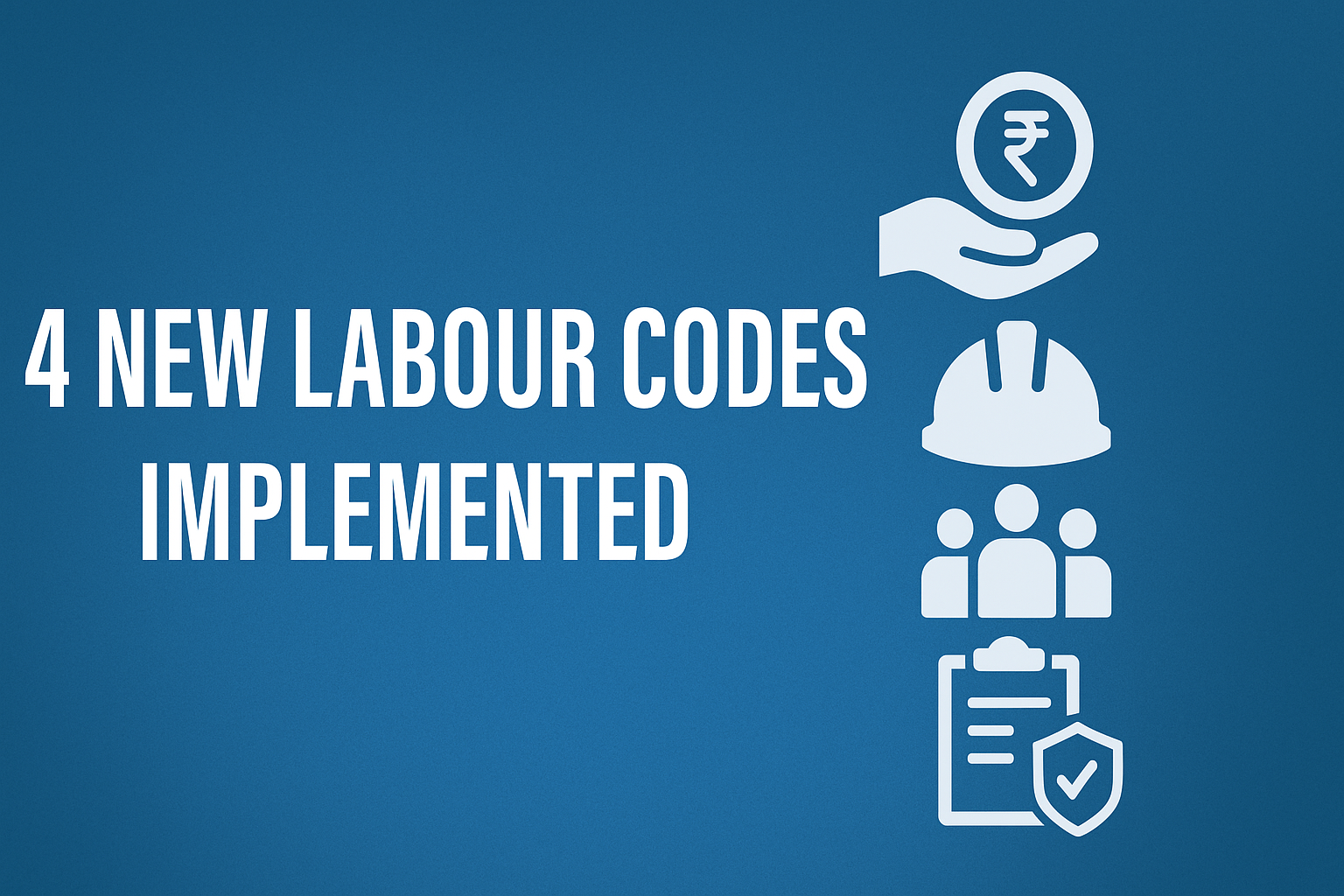

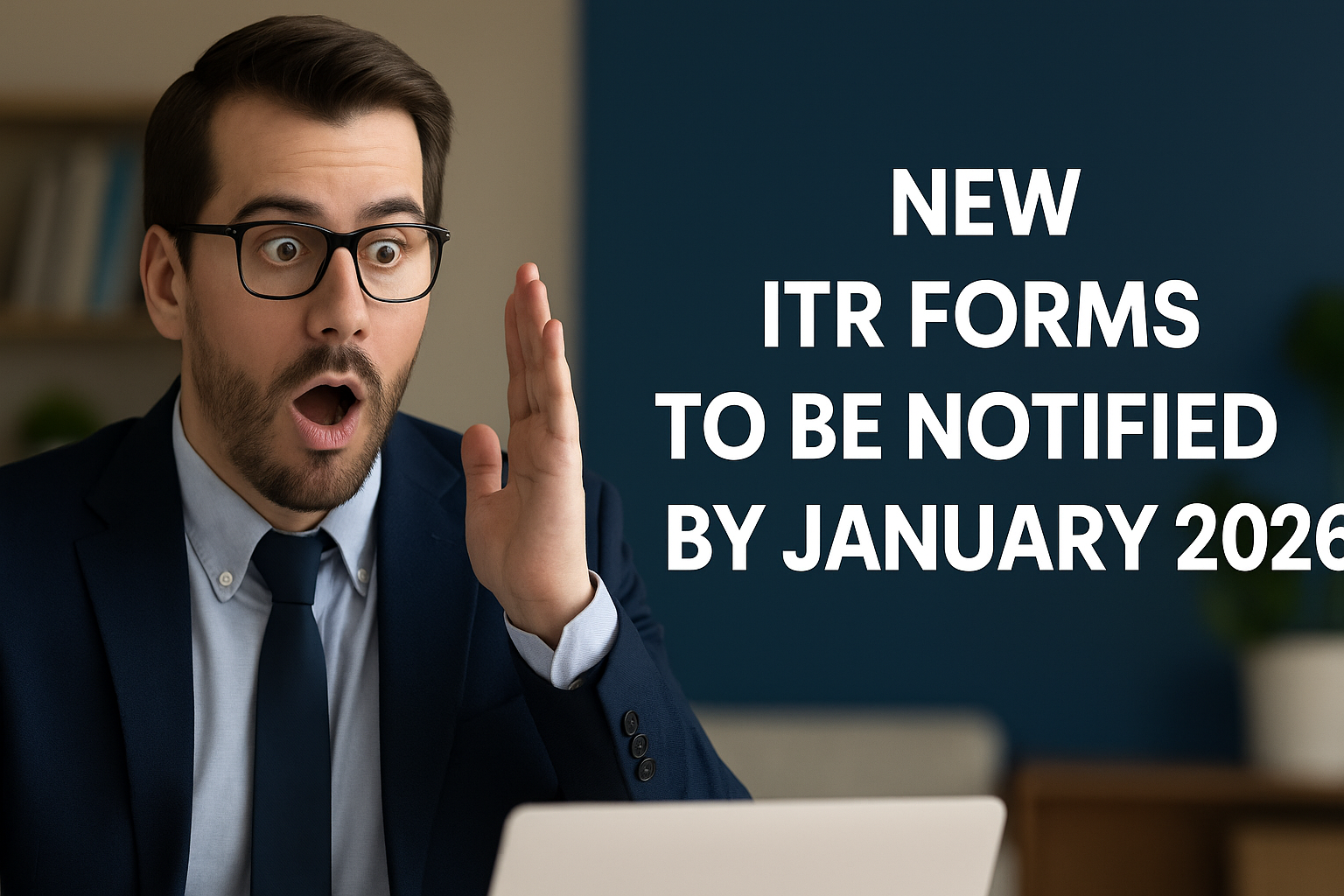
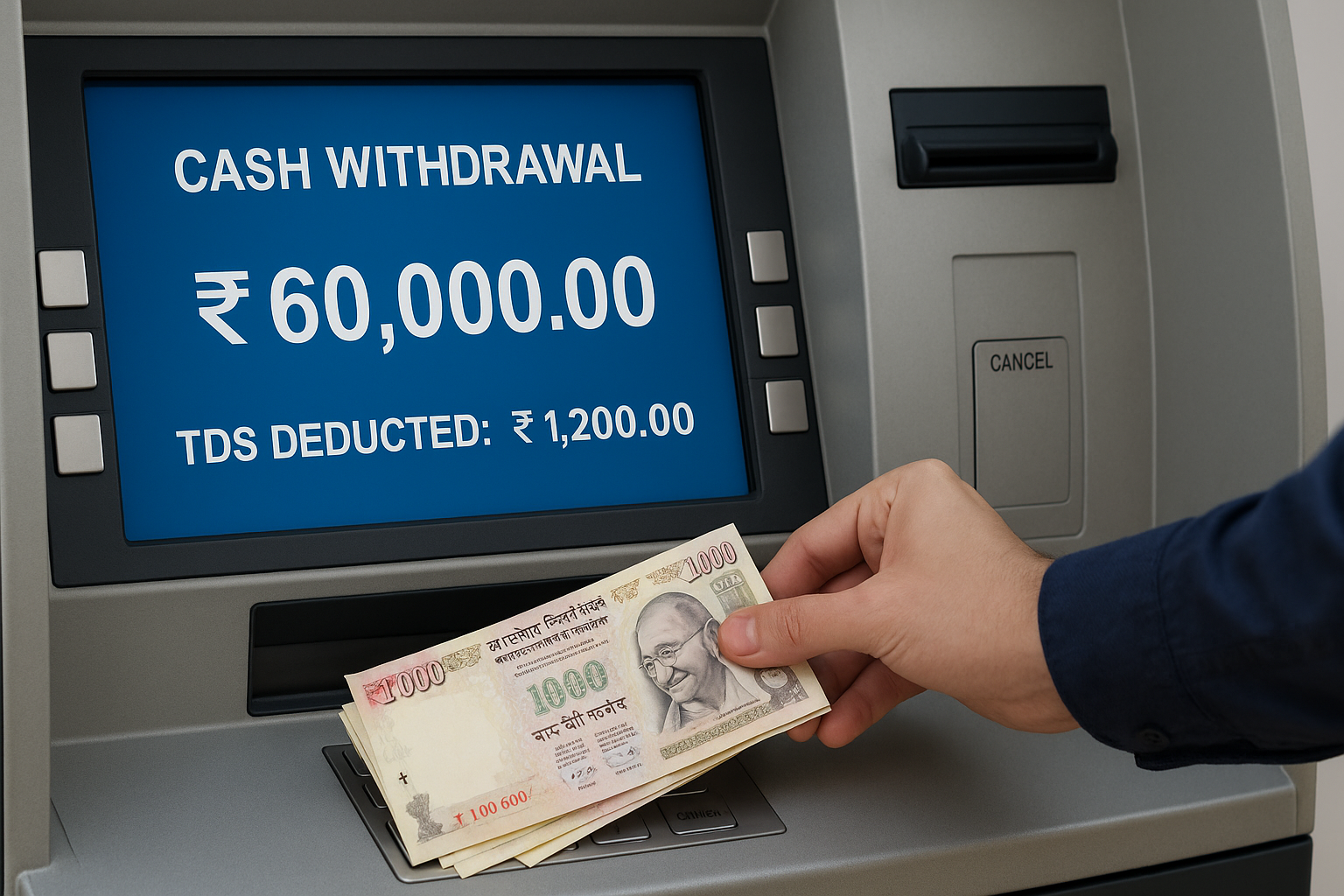
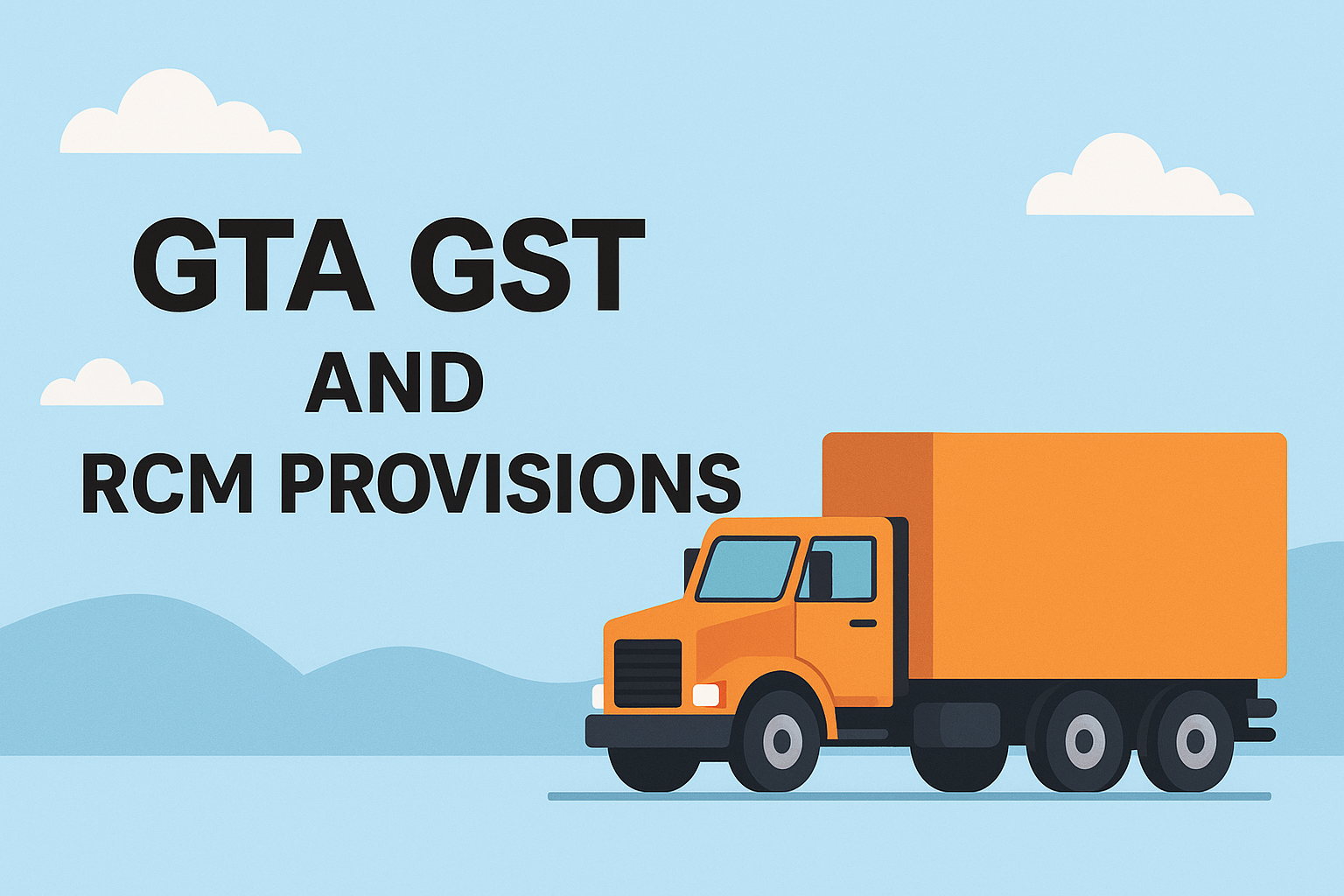
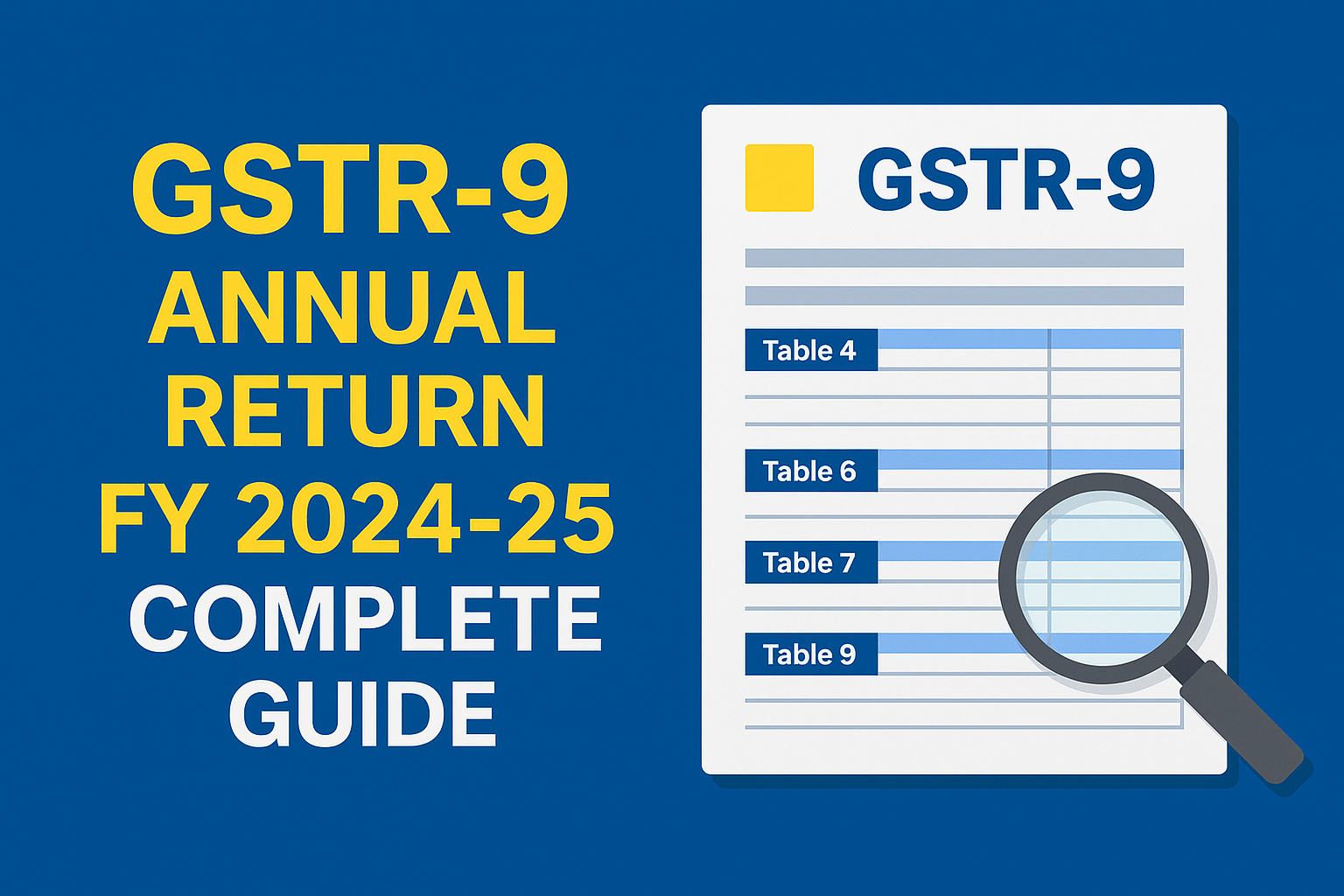
Any free training for it return filing.particularly senior citizens.
Is rebate of income tax ( Rs. 60000 ) also admissible to those whose income is more than Rs. 1275000 ?
If income is Lakh 20 thousand how much tax I have to pay?
If income is 12 lakh 20 thousand, how much tax is to be paid?
When is this new income tax ( no 2 ) bill 2025 become EFFECTIVE from which date ?????
Kindly inform